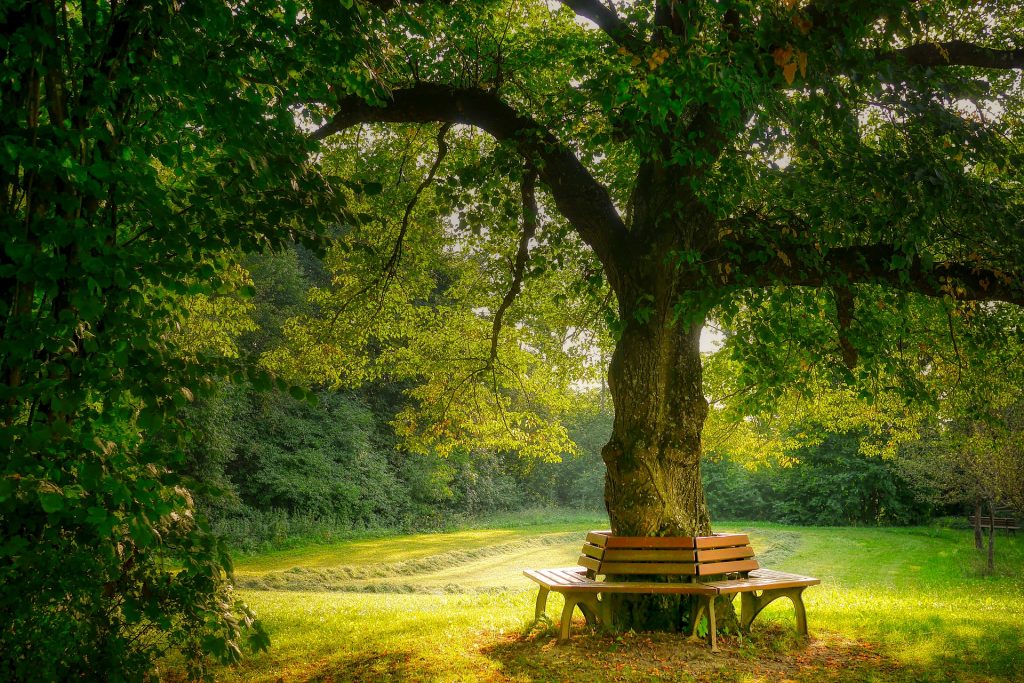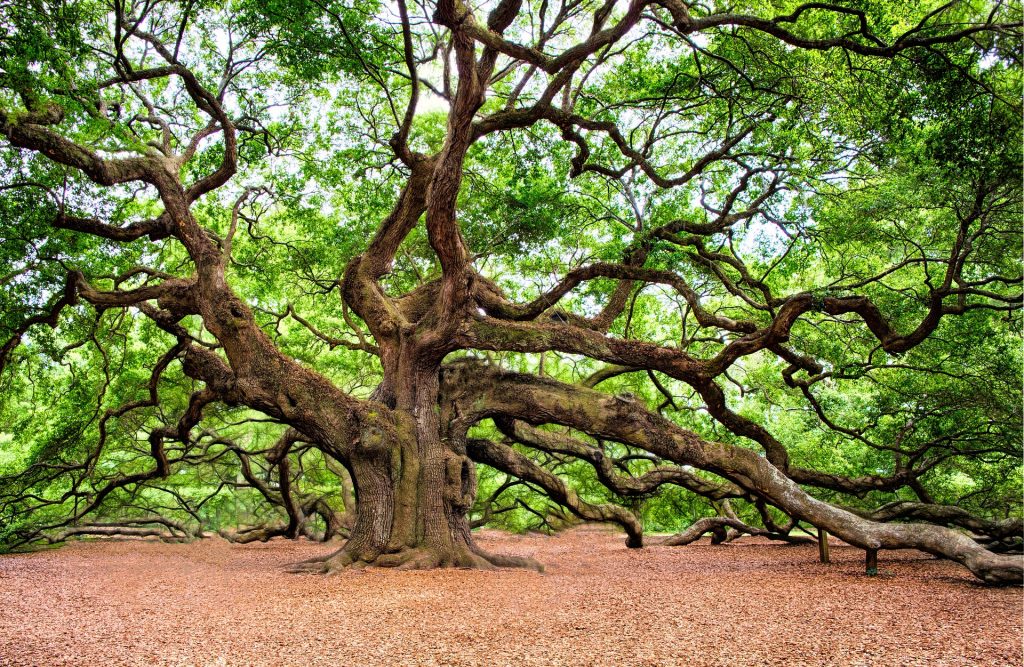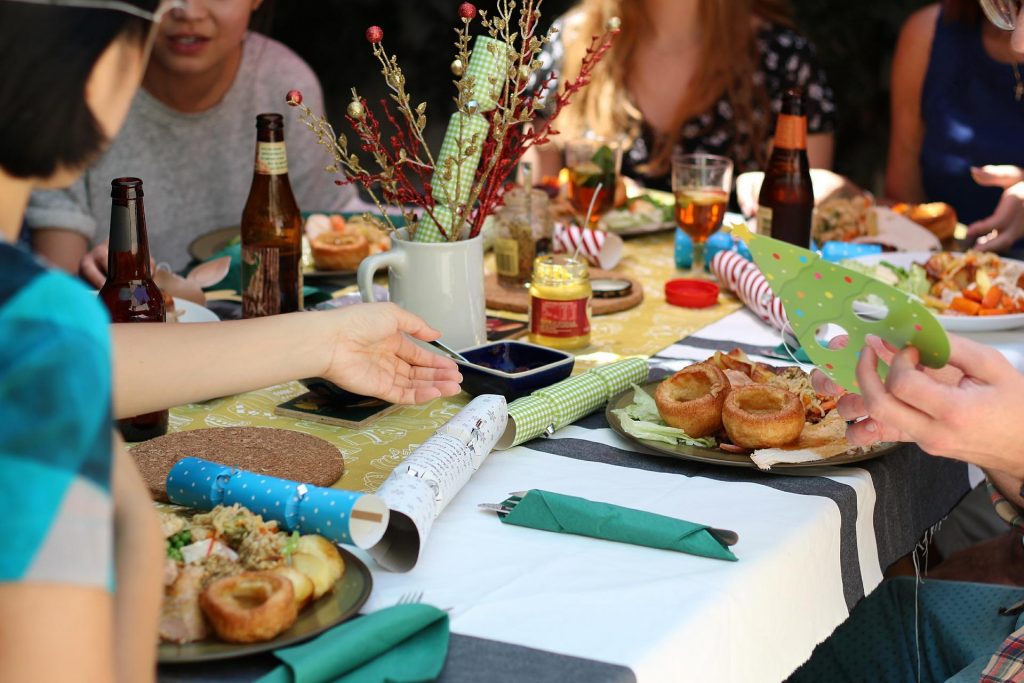I love that trees are so often associated with life and growth, or the lack thereof. Imagine with me, if you will, that a tree has been planted in front of your home.
That tree starts out underground, unseen. It is hidden beneath the soil yet still relies on the sun and rain for its nourishment. The tree grows, it breaks ground, popping up and making its claim on the land. Yet during this process the roots stay firmly intact underground.
The roots simply add on to, rather than take away from, or relocate altogether. The tree continues to grow over time. As it gets larger, the tree branches begin to make their way all around the tree. Branches keep splitting off from the main trunk, from branch to branch. Eventually you have a very large tree with lots of space covered, and perhaps a nice shade!

Our folklore and therefore our folk groups can be viewed in much the same way. Our groups grow and change with us as we grow through the seasons of life. Certain aspects of the tree will remain the same—it will always be a tree with bark.
We will also have aspects that will always remain about us. Our ethnicity places us in a folk group with others that share that same ethnicity and that does not change. If you are related to someone by blood, that doesn’t change either. It’s steady and reliable, even if the relationship isn’t.
This goes with the whole concept of family as a folk group. As we talked about last time, that can change sometimes but being related to someone by blood will never change.
That is the difference between your biological family and maybe your chosen family or even the family that you create for yourself.
You can also be connected to branches, some bigger and some smaller, based on other factors like your occupation or religion. Living in the same area or attending the same school. Depending on how important these things are to you will determine how big those tree branches will be.

How interactive you are with each of your groups will often determine the health of the tree and the branches. There may be times in life when you find yourself having to do some tree trimming and other times that the leaves on the branches are flourishing quite nicely.
Friendships come and go. A group of friends might change as you find or lose your belief systems or religion. They might change if you move or once you graduate. Yet other friendships will remain constant no matter the time or space between you. It will depend on the root of that friendship and thus the folk group that connects you.
Different parts of your folk group can morph as well. You might already be a part of a group when you suddenly realize that you have something else in common too, which makes you a part of another group with the same people. It could be anything from fandoms online to those face-to-face interactions.
I remember being at a friend’s house one night many years ago, for dinner. A large group of us had gathered for one thing, when I realized that another lady shared my love of the Twilight Saga. She invited me to a Twi-hard group for older moms and I attended a movie marathon with my brand new folk group!

It’s that sort of shared identity, interest, and purpose that draws us to one another and to folk groups unique to us yet vast in its inclusion.
One of my many tree branches grew more branches off of that first one. Unfortunately, after a few years, the group fell apart as lives and priorities changed. I’m no longer a part of that particular Twi-hard group but my love of the popular YA series has remained steadfast.
This is one example, of how within folk groups, there can also be a smaller sub-group(s) that further break down the connections, just like those tree branches.
There are as many folk groups as there are options! But within these groups, there is a uniqueness based on shared experiences, traditions, and interests.
I encourage you today friend, seek out what three folk groups are the most important to you at this season of life? Will you share with me in the comments how you might be more deeply rooted in understanding?